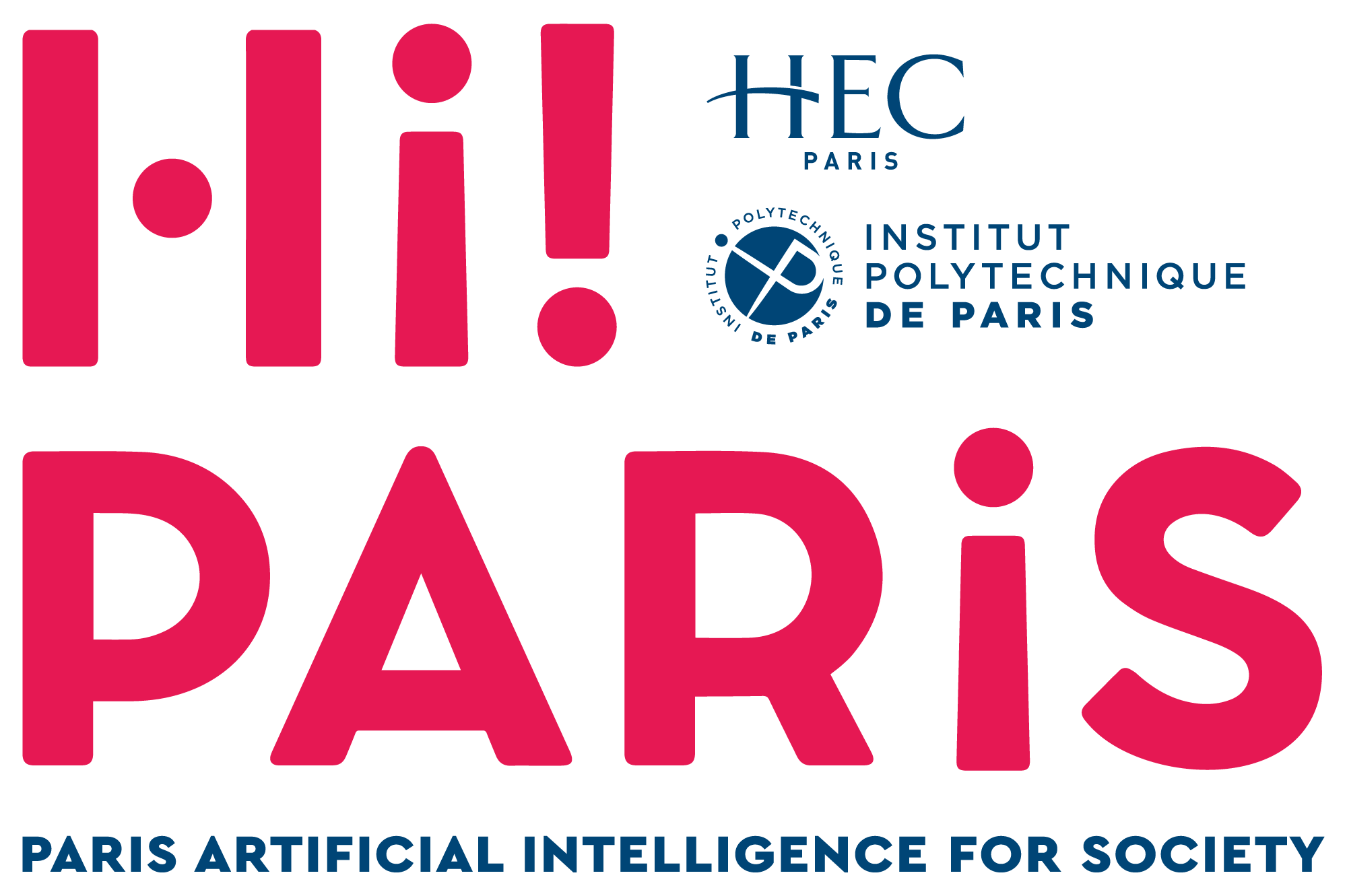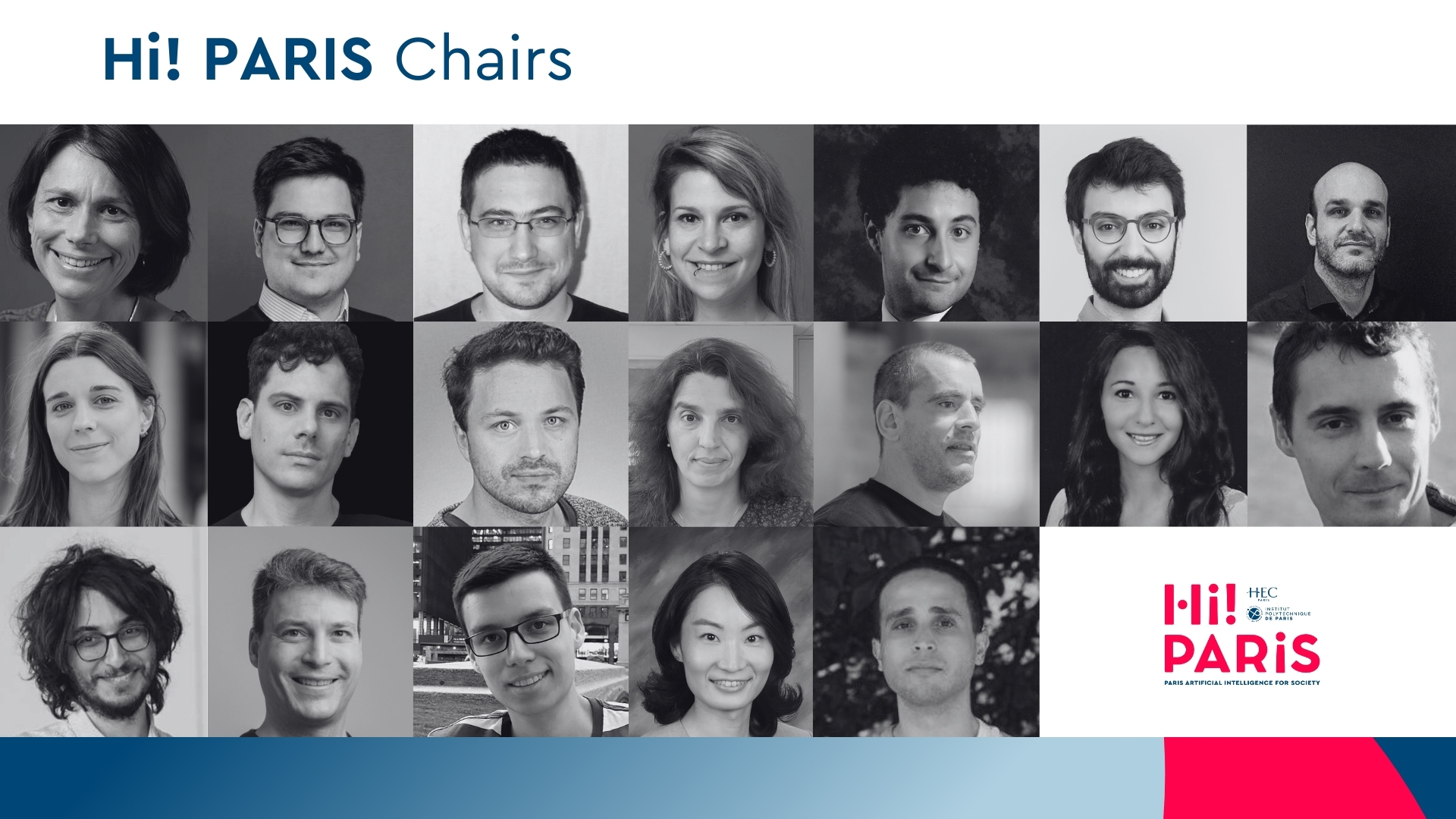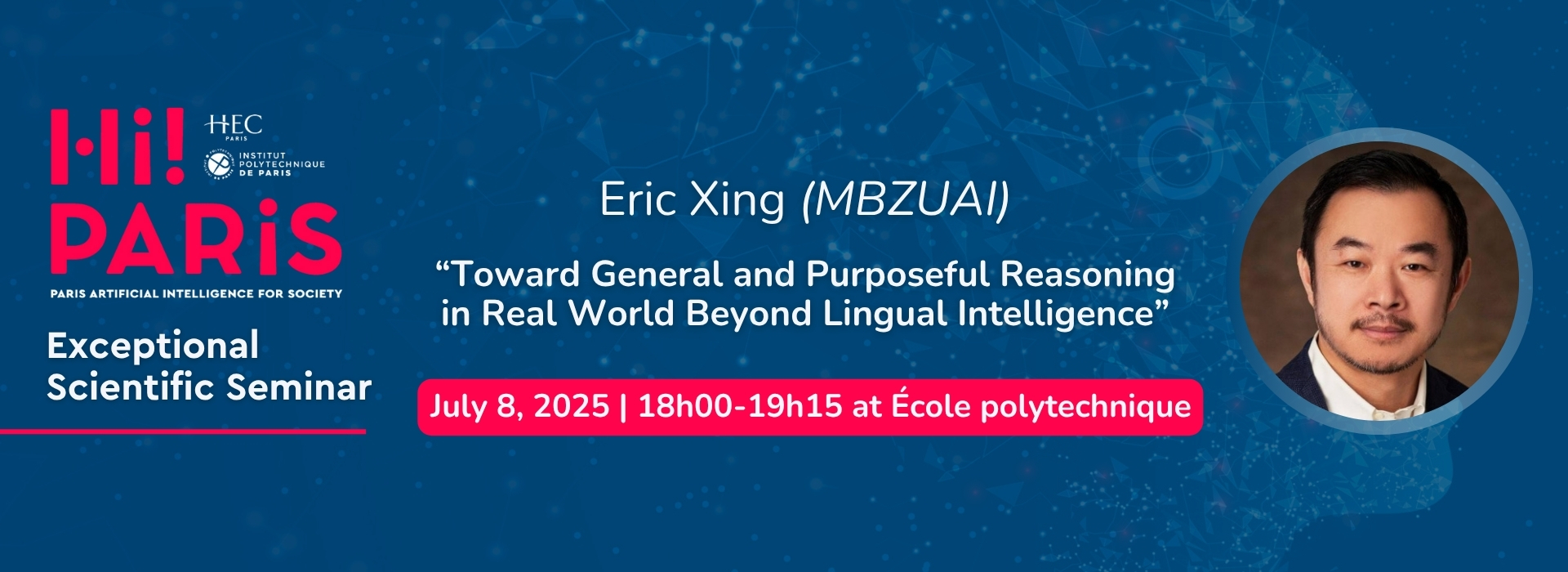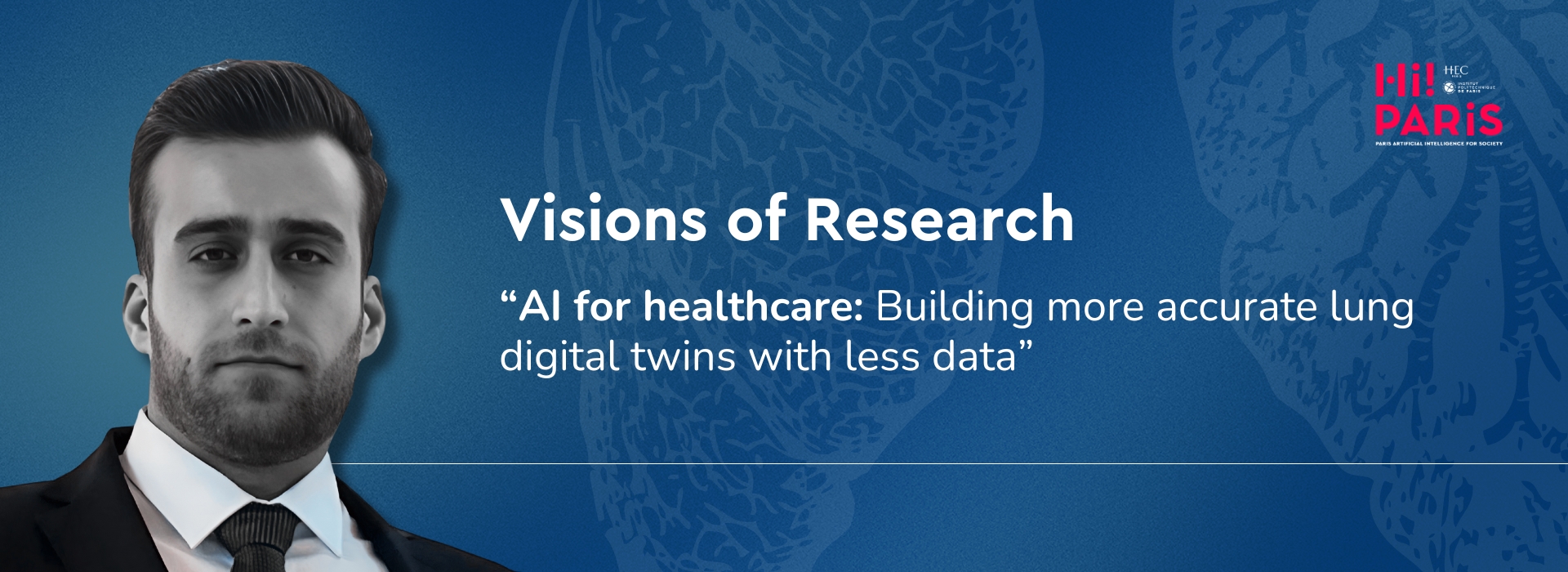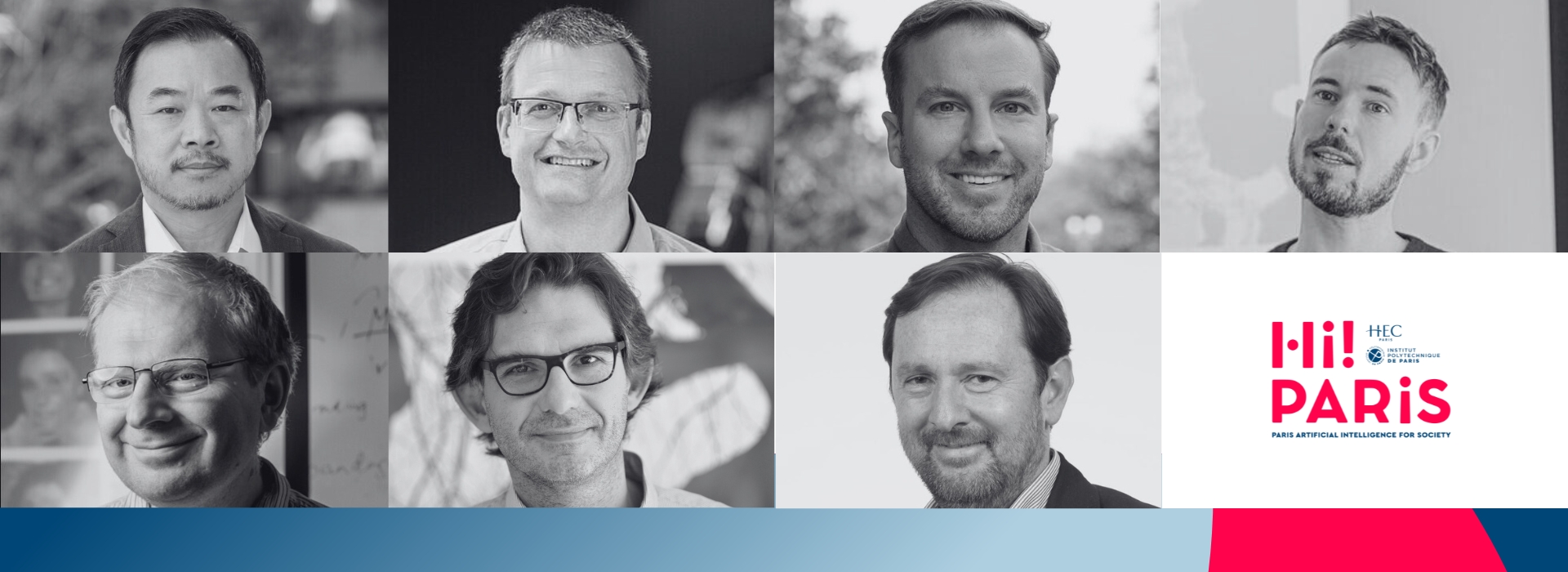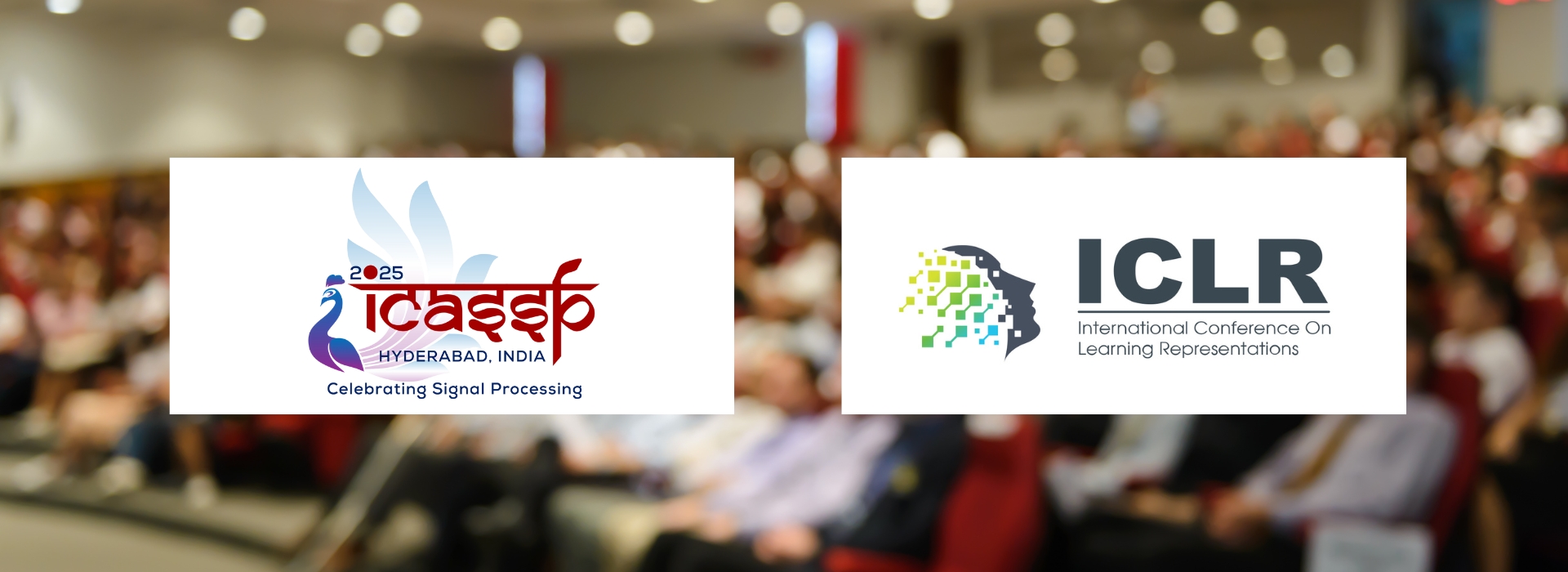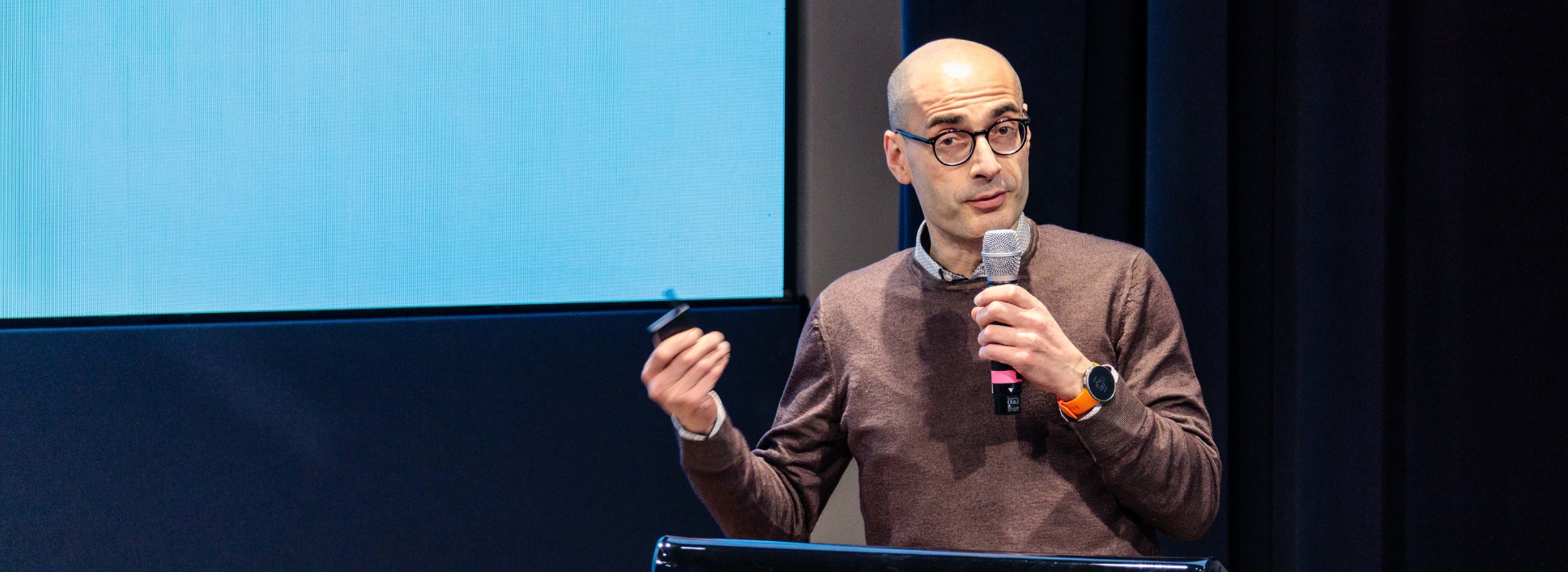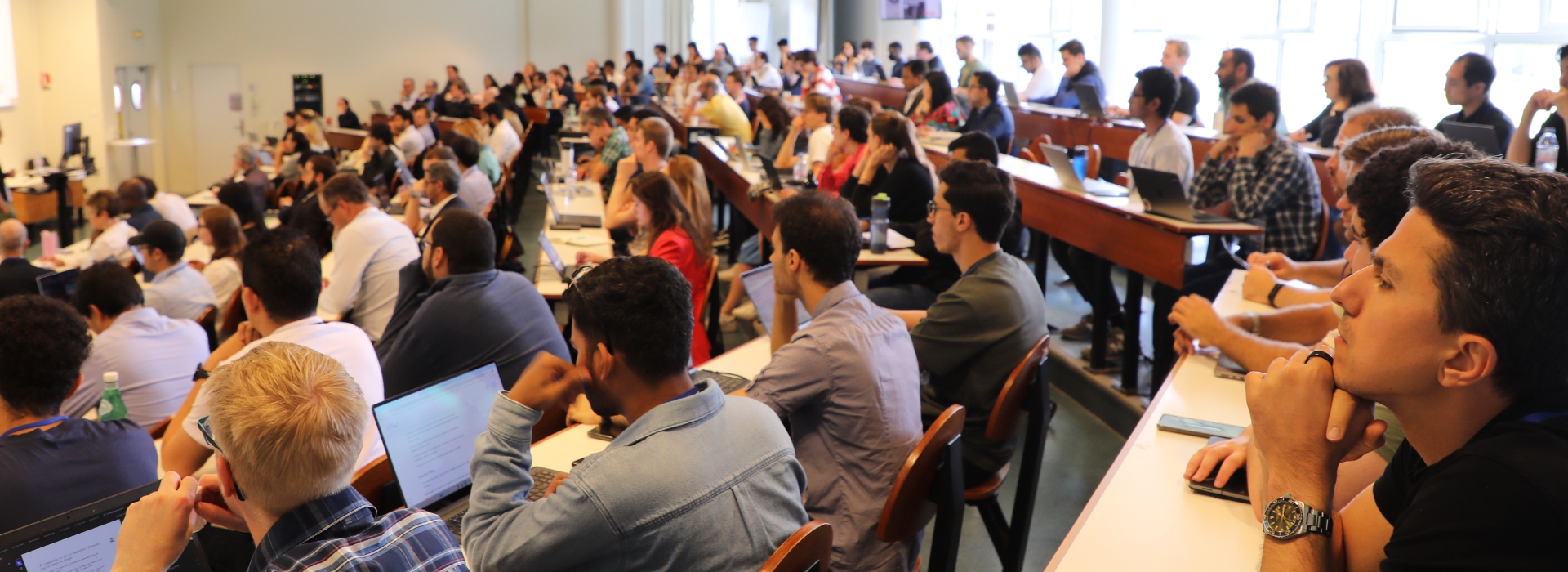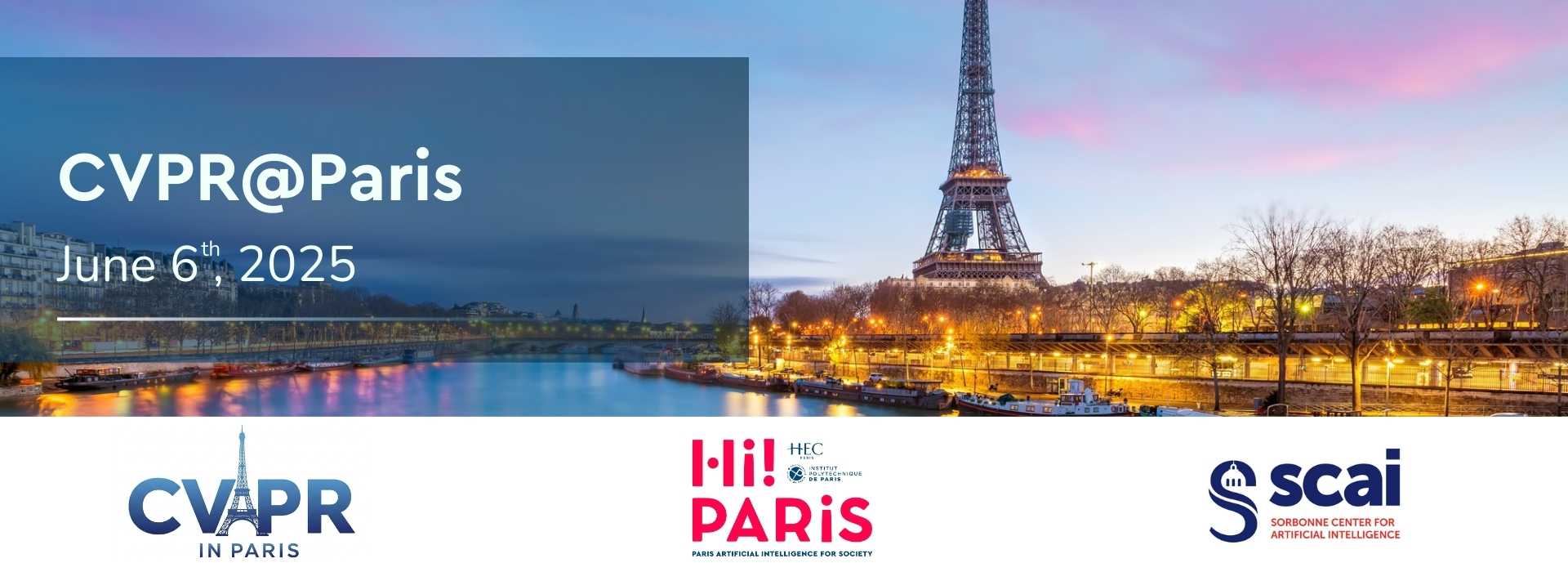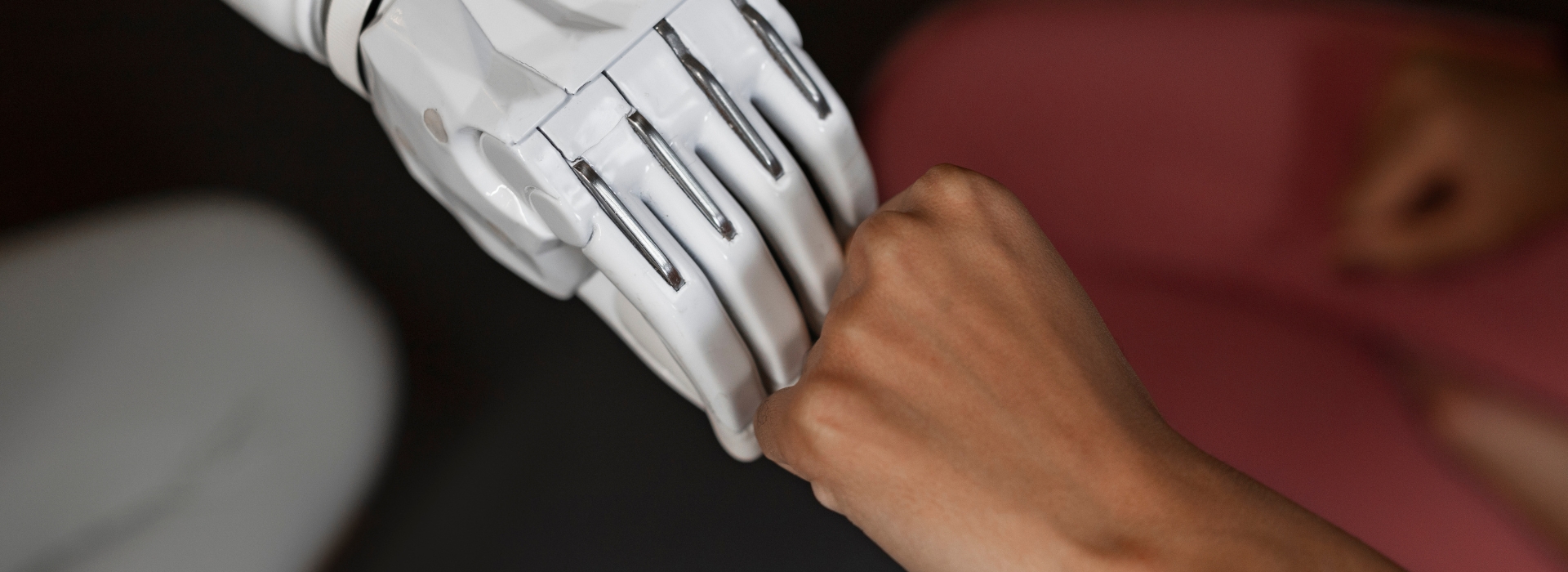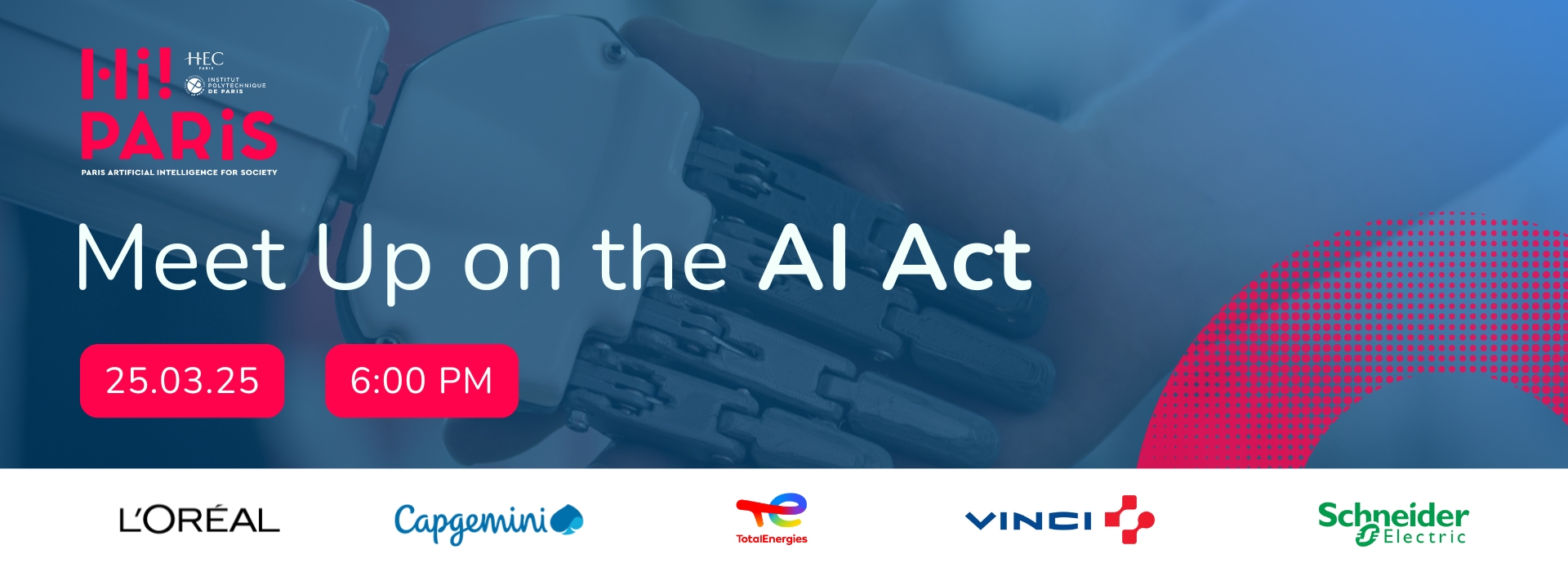We are proud to introduce the newest cohort of Hi! PARIS Chairs, part of the Hi! PARIS Cluster 2030 initiative. Designed to foster long-term excellence in AI and data analytics, this program supports innovative research across science, business, and society. Hosted within leading institutions, Institut Polytechnique de Paris, HEC Paris, Inria, and CNRS, the 2025 chairs […]
Exceptional Seminar with Prof. Eric Xing at École polytechnique Hi! PARIS is honored to welcome Professor Eric Xing, President of the Mohamed bin Zayed University of Artificial Intelligence and Professor at Carnegie Mellon University, for an exceptional scientific seminar on July 8, 2025, at École Polytechnique. As one of the leading figures in AI and machine learning, […]
Télécom Paris PhD researcher Ali Keshavarzi reveals how AI can model the lungs more accurately, using fewer annotated scans, by combining deep learning with frugal, topology-aware techniques.
Hi! PARIS launched the International Visiting Chairs program in December 2024 to support international scientific collaboration. The program invites researchers from institutions abroad to spend time working with research teams affiliated with Hi! PARIS member schools in France. For 2025, we are welcoming seven international visiting professors. Each will collaborate on a specific project in […]
In April 2025, Hi! PARIS researchers were recognized at two major international conferences in Artificial Intelligence. From April 6 to 11, the IEEE International Conference on Acoustics, Speech, and Signal Processing (ICASSP) highlighted breakthroughs in signal processing, audio, and speech technologies. Later, from April 24 to 28, the International Conference on Learning Representations (ICLR), the […]
The EU Artificial Intelligence Act (AI Act) is the world’s most comprehensive attempt to regulate artificial intelligence, but as Gabriele Mazzini one of its original drafters reminded the audience at the Hi! PARIS Meet Up on the AI Act, it’s also a work in progress. In his talk, Mazzini walked through the logic of the […]
As part of the Hi! PARIS Cluster 2030 initiative, the Hi! PACE (Programs, Academia, and Course Expansion) positions for the 2025/26 academic year are now open. These positions are the result of a coordinated effort across partner institutions to identify and prioritize teaching and program development needs in artificial intelligence and data science. The positions […]
Hi! PARIS is proud to co-organize CVPR@Paris 2025, a one-day local event designed as an inclusive and sustainable alternative to the CVPR conference, traditionally held in the U.S. Taking place on June 6, 2025, in the heart of Paris, the event will bring together researchers, students, and authors of accepted papers at CVPR 2025, CVPR […]
Beyond his role as Deputy Director of the Computer Science and Systems Engineering Unit (U2IS) at ENSTA, François Goulette has a strong interest in AI ethics. Each summer, he leads a short awareness module on this topic as part of the Hi! PARIS Data Boot Camp, a program offered to students of Institut Polytechnique de Paris and HEC Paris.
The Hi! PARIS Meet Up! event organized by Hi! PARIS is about the “AI Act”. Save-the date: March 25, 2025 (6:00-8:30 pm), hosted by our corporate donor VINCI.
